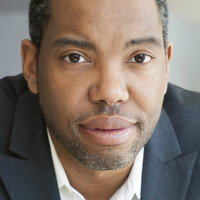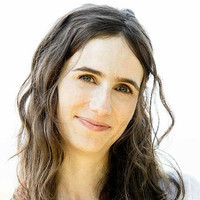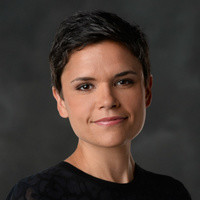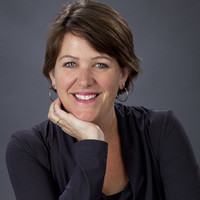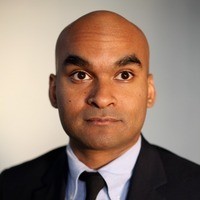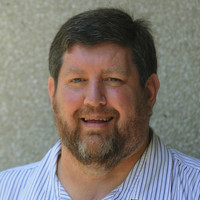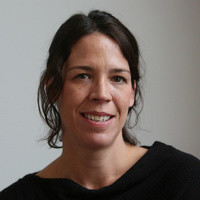The Rapist Says He's Sorry
A profile of a serial sex offender:
This is a story about how hard it is to be good—or, rather, how hard it is to be good once you’ve been bad; how hard it is to be fixed once you’ve been broken; how hard it is to be straight once you’ve been bent. It is about a scary man who is trying very hard not to be scary anymore and yet who still manages to scare not only the people who have good reason to be afraid of him but even occasionally himself. It is about sex, and how little we know about its mysteries; about the human heart, and how futilely we have responded—with silence, with therapy, with the law and even with the sacred Constitution—to its dark challenge. It is about what happens when we, as a society, no longer trust our futile responses and admit that we have no idea what to do with a guy like Mitchell Gaff.


